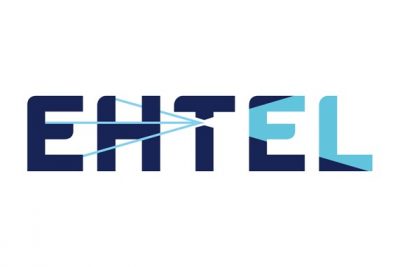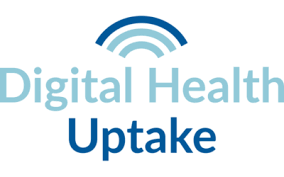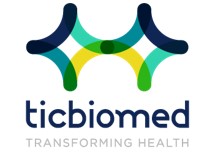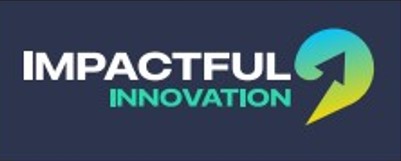EHTEL & Ticbiomed @ RHFH
From successful innovation pilots
to adoption and scale-up
Tuesday 21 May 2024 | Room 206
Scale-up and transferability:
Lessons and tools from digital health innovators
13:30-15:00
Co-designed with EHTEL
Digital health innovations continue to proliferate, promising the transformation and improvement of health services. However, only a few flies beyond pilot phases and are effectively adopted. What are the key levers for successful uptake and how can digital health solutions be deployed at a larger scale? These are the questions that we want to address in this participative session organised in collaboration with Digital Health Uptake (DHU) and The European Partnership on transforming health and care systems (THCS).
Innovators from all sides will convene to share practical insights and proven tools in scaling up digital health solutions and learn from their peers how to navigate regulatory environments, secure funding and fulfil end-user expectations.
Digital Health Uptake organises this practical session to engage with digital health stakeholders and offer the Radar, a good practice repository, and Resources to innovators willing to accelerate digital health deployment in Europe. THCS will share a framework to support the transfer and implementation of practices across the health and care systems. This session is a great opportunity to meet and network with champions across the digital health ecosystem.
Confirmed speakers include:
- Sara Canella, Project Manager, NSBproject, Italy
- Maike Hentges, Research Consultant, empirica, Germany
- Juha Koivisto, Chief Specialist ,THL, Finland
- Tino Martí, Digital health facilitator, EHTEL, Spain
- Heidi Muurinen, Senior Specialist, THL, Finland
Target audience:
- Digital health startups and enterprises looking to scale their operations
- Healthcare professionals and organisations seeking innovative digital health solutions
- Investors and policymakers interested in the latest trends and success stories in digital health
This session is open to any registered delegate.


Why Successful Pilots Fail to Get Adopted: Reasons and Solutions
15:30 – 17:00
Co-designed with TicBiomed
For innovation to be impactful, it first needs to be adopted. Numerous innovations do not survive the ‘valley of death’ of pilots and never get deployed. This is a loss of opportunity and a waste of resources. In this session we will identify the core reasons why successful innovation pilots are not adopted by those participating in their development and why the healthcare organisations that requested support and funding to solve an unmet need finally do not uptake the solution they helped co-create.
In the second part of the workshop, participants will collaboratively make proposals in the form of short-term actions to increase the chances that successfully piloted solutions get adopted.
The starting point for the identification of reasons and proposal of solutions are the insights gathered from the impactful innovation conference, an event linked to the Procure4Health project, a network of 33 healthcare organizations and stakeholders in 15 European countries.
Target audience:
- Healthcare organisations willing to maximise the impact of their innovation efforts
- Policy makers promoting innovation at European, national, and regional levels
- Ecosystem players with the capacity to produce innovation and/or supports its development.
This session is open to any registered delegate.




